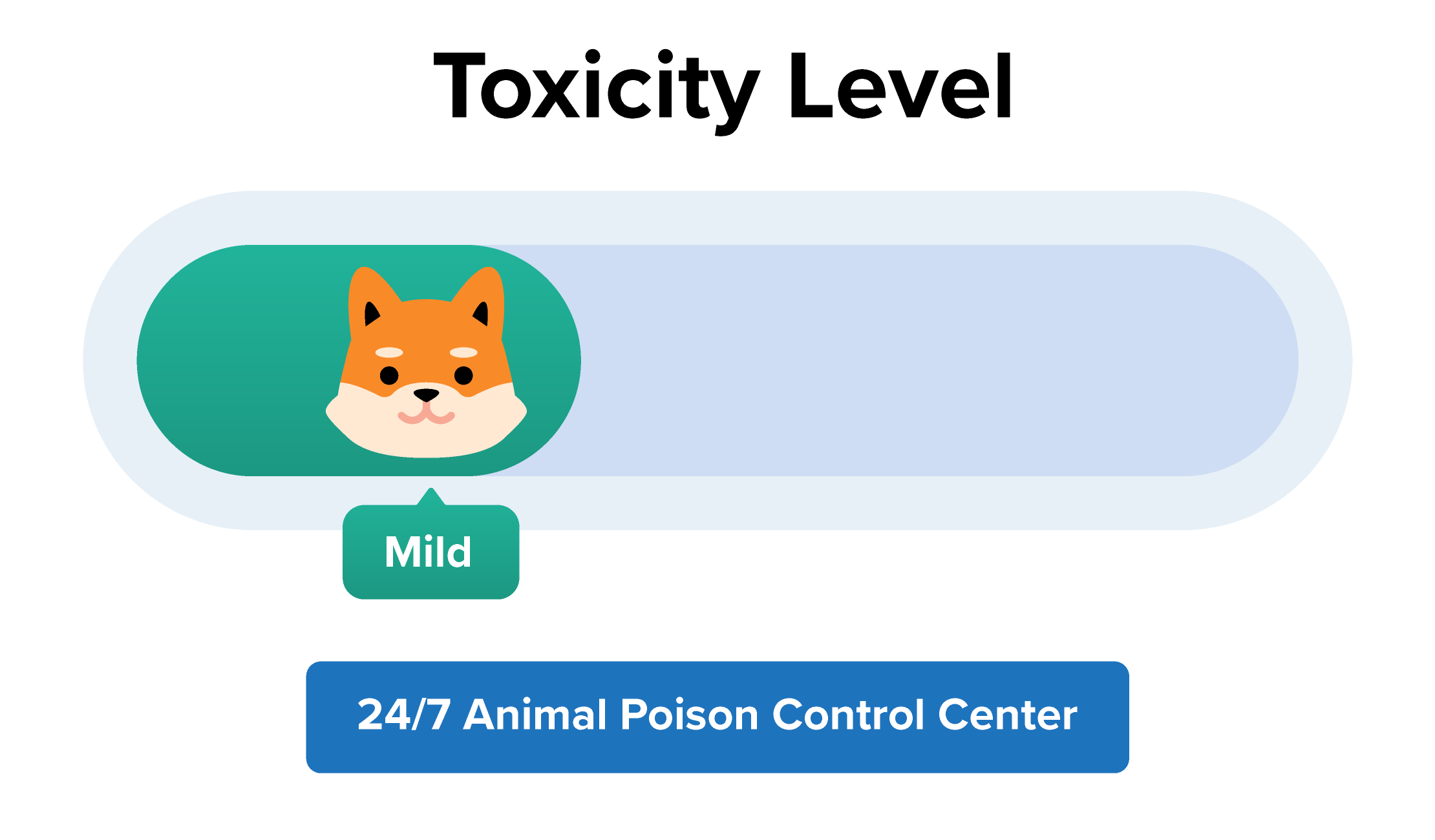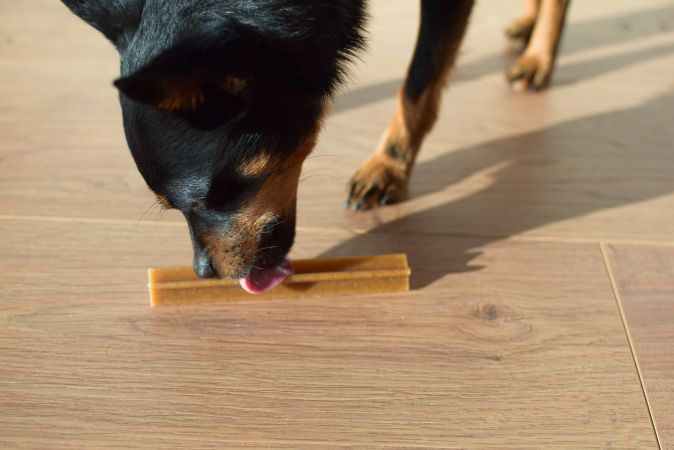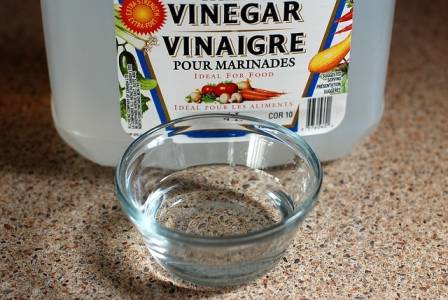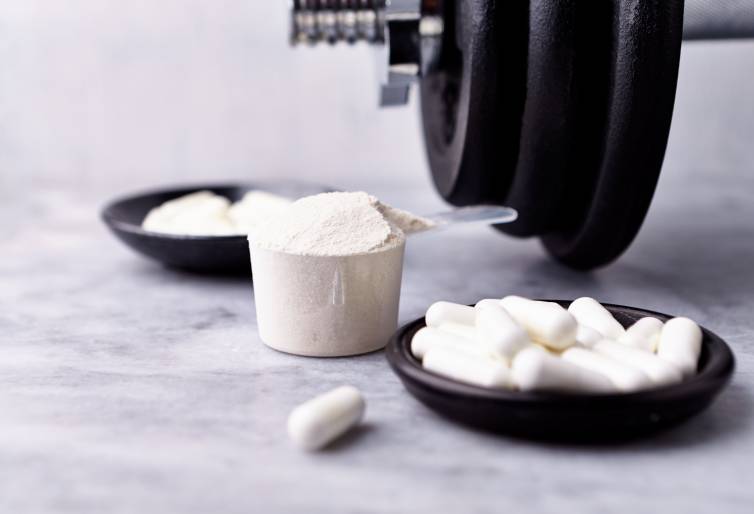Bouquets of flowers are beautiful and can be a real pick-me-up! A bouquet may only include one kind of flower or be mixed with other flowers, such as alstroemeria. Alstroemeria may also come in a bouquet of their own! Some dogs may try to shred or even eat the flowers. But what happens if your dog eats some of the alstroemeria?
Connect with a verified veterinarian in minutes. Licensed vets are available 24/7 to answer your questions. No need to worry about your furry family member.
Has your dog eaten alstroemeria? Are you worried that the alstroemeria will make your dog sick? If so, you’ve come to the right place. We understand it can be scary when your dog eats something like this.
We’ve gathered information about alstroemeria and whether they can make a dog sick. Let’s get started!
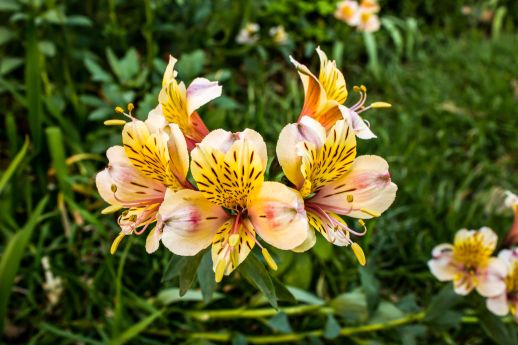
What is Alstroemeria?
Alstroemeria, also called Peruvian lilies, are not true lilies. The flowers are native to South America, but they have also been naturalized in the US, Mexico, Australia, New Zealand, and other places around the world.
The plants produce flowers that resemble lilies, with the flowers in shades of green, white, purple, orange, and red, flecked & striped with darker colors. They are pretty flowers!
While alstroemeria are pretty, what happens if a dog eats these flowers?
Alstroemeria & Dogs
The good news is that alstroemeria are not toxic to dogs! You can safely have these flowers in your home and know they will not poison your dog.
However (there’s usually a “however”!), some dogs may be allergic to these flowers, though this is probably rare. You may not even know your dog is allergic to alstroemeria until he eats the flowers and has an allergic reaction.

Review symptoms, medications & behavior to keep your pets healthy with a Vet Online in just minutes.
Ask a Vet Live NowSymptoms of Alstroemeria Allergies in Dogs
You may notice these symptoms if your dog has eaten alstroemeria and is having an allergic reaction:
- Hives
- Facial swelling
- Itchiness
- Runny eyes
- Sneezing
- Red, inflamed skin
- Vomiting
- Diarrhea
- Anaphylactic reaction (a severe allergic reaction that can be life-threatening, though is rare with this flower)
- Difficulty breathing
If your dog shows any of these symptoms, it’s best to call the vet right away. This could be an emergency.
Treatment of Alstroemeria Allergies in Dogs
The vet may give your dog antihistamines, corticosteroids, and (rarely) epinephrine (for life-threatening reactions). In case of a severe reaction, your canine companion may need to be hospitalized. During this time, the vet will continue to treat your dog’s systems and monitor his condition.
The good news is that most dogs will make a full recovery after having an allergic reaction to eating alstroemeria! In the future, it’s a good idea to keep flower bouquets out of your dog’s reach. You’ll both be happier for it!
Connect with a verified veterinarian in minutes. Licensed vets are available 24/7 to answer your questions. No need to worry about your furry family member.

Julie
Julie is a graduate of the University of North Carolina, Wilmington, where she studied Animal science. Though contrary to the opinion of her parents she was meant to study pharmacy, but she was in love with animals especially cats. Julie currently works in an animal research institute (NGO) in California and loves spending quality time with her little cat. She has the passion for making research about animals, how they survive, their way of life among others and publishes it. Julie is also happily married with two kids.
Review symptoms, medications & behavior to keep your pets healthy with a Vet Online in just minutes.
Ask a Vet Live Now
